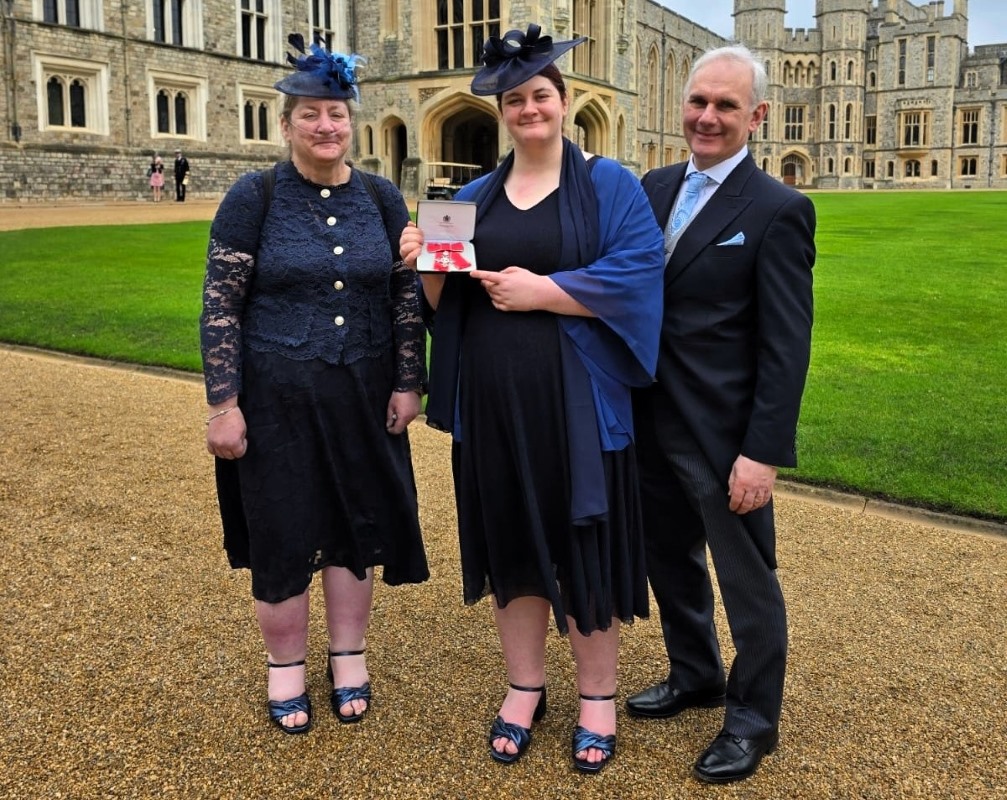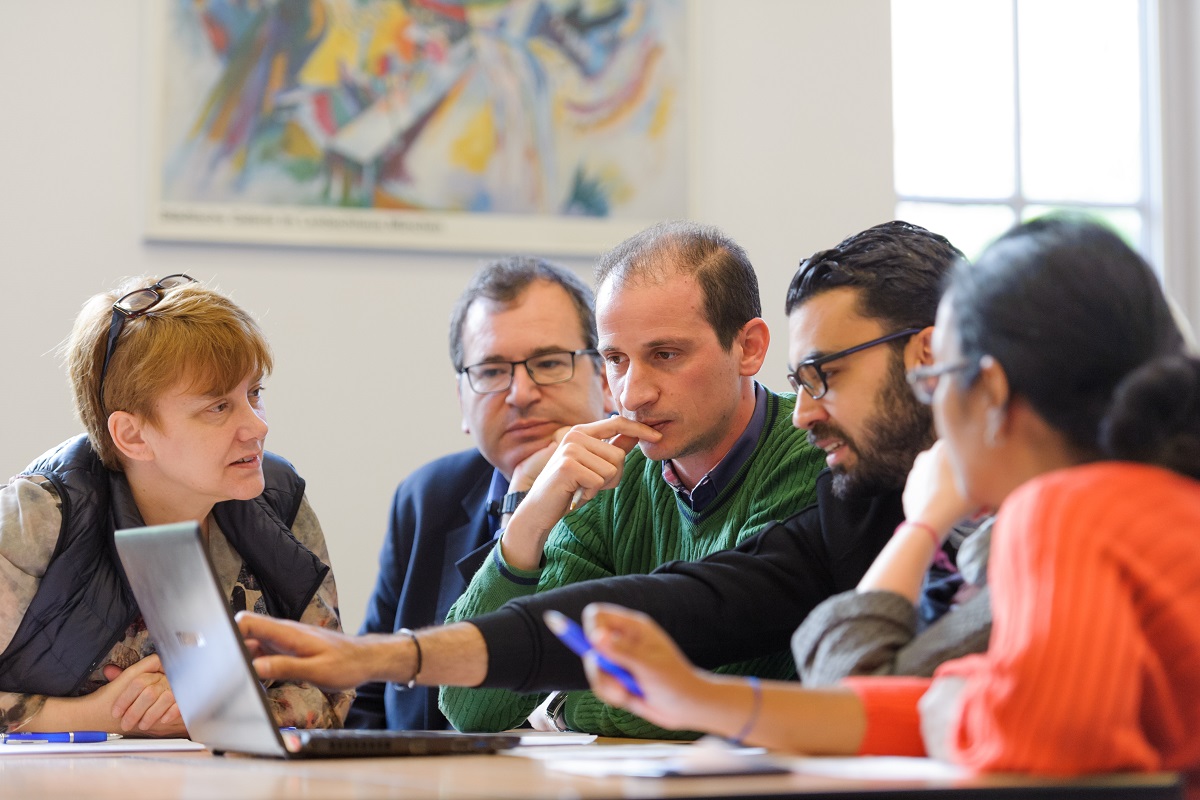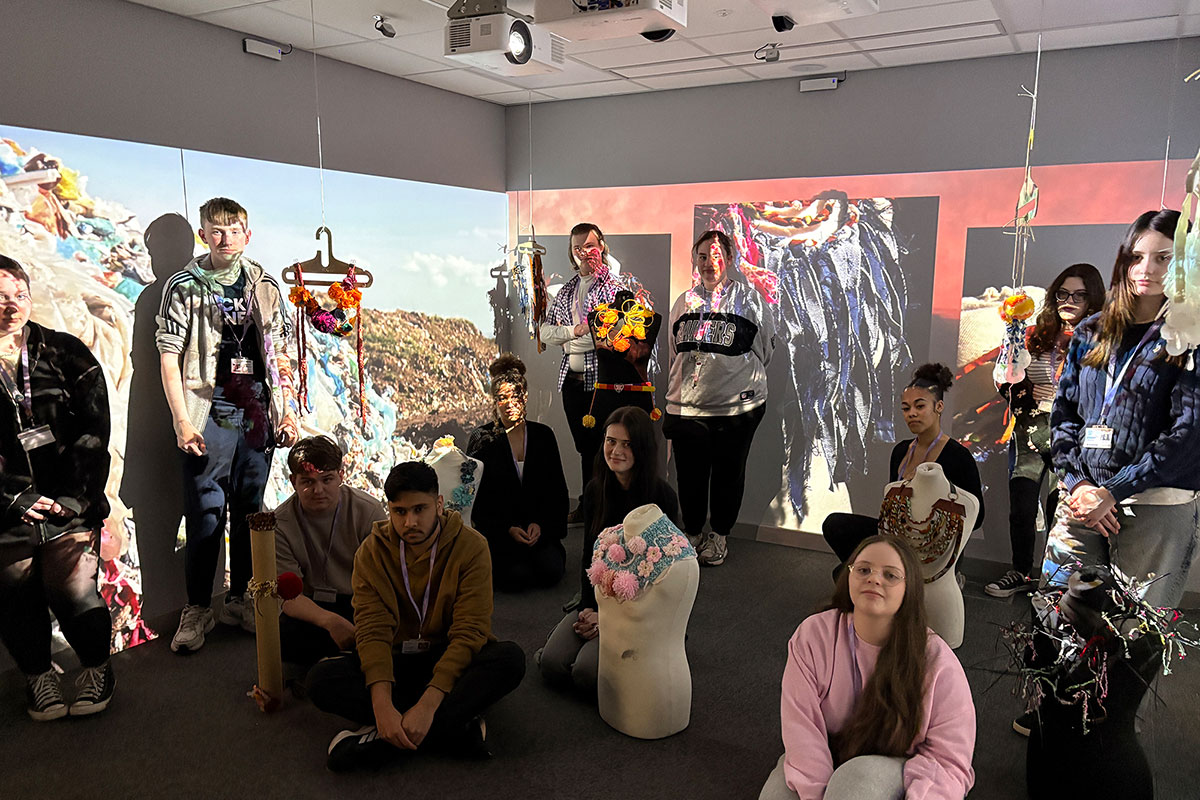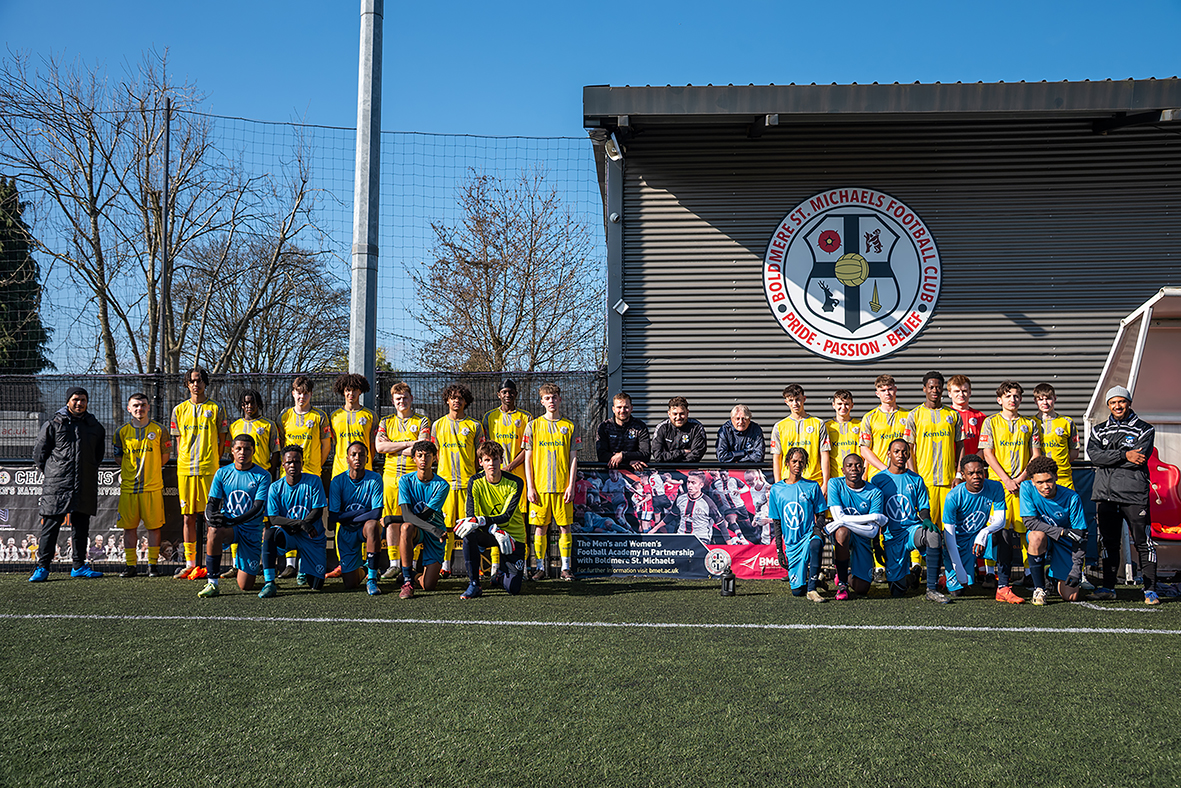Waltham Forest College Hosts Conference on Financial Literacy

Waltham Forest College (@WFCTweets) recently hosted a Student Council Conference on Financial Literacy, a crucial initiative aimed at equipping students with essential money management skills for a successful future. The event featured TED speaker Igor Curic, Q&A with Deputy Principal of Finance & Resources, interactive workshops, and invaluable resources to empower attendees in their financial journey.
Financial literacy is a cornerstone for students as they navigate the complex landscape of Higher Education and beyond. In an era where the cost of living is impacting everyone, Waltham Forest College recognises the urgency of ensuring students are well-versed in financial matters to make informed decisions about their education and future endeavours.
Public Services student and Class Rep, Wiktoria Hajduczenia, said:
“Before the Financial Literacy meeting, I thought I was pretty good at saving money. But now, thanks to learning about the 70-20-10 money rule, I realize there’s even more I can do to manage my finances wisely! Allocating 70% to expenses, 20% for fun stuff, and 10% for savings or investments makes so much sense. It’s like having a roadmap to reach my financial goals while avoiding debt and stress. I feel more confident and empowered to make smart money decisions now!”
Deputy Principal for Finance and Resources, Abena Rodman-Tay, delivered a keynote address, sharing insights and strategies to enhance financial literacy among the student body. Attendees also participated in interactive workshops covering topics such as budgeting, investment basics, and financial planning.
Abena Rodman-Tay; commented:
“Financial education equips young individuals with money management, budgeting, and decision-making skills, empowering them to make more informed choices and plans relating to their financial futures. It was great to meet many students who demonstrate the confidence in handling money, particularly in our digital age, when young people are less likely to use physical coins and notes. This a key skill that can be taught and will help young people navigate more complex financial transactions in adulthood.”
Research shows that young people who report having had some financial education at school or college are more likely to save up frequently, have a bank account, and be confident about managing their money and credit score.











Responses